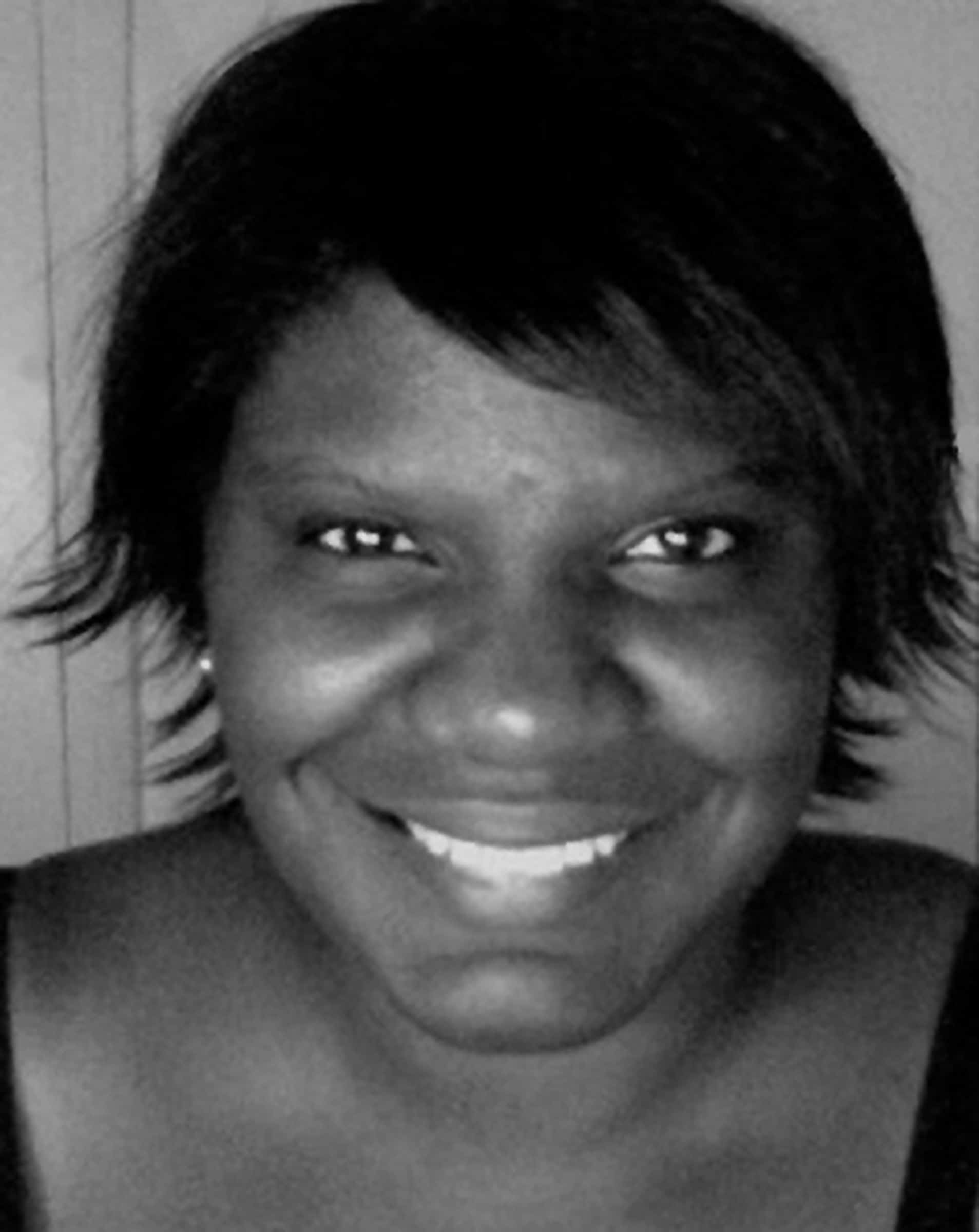Our purpose and passion.
METRAC works with individuals, communities and institutions to change ideas, actions and policies with the goal of ending violence against women and youth. Delivering relevant and boundary-breaking services and programs, we focus on education and prevention and use innovative tools to build safety, justice and equity.
Why women and youth?
We focus on women because they are at highest risk of intimate partner violence, family violence, sexual assault and harassment and stalking. These kinds of violence most often happen in relationships (past or present), include control and power imbalances, and/or happen when women are targeted because of their gender.
We focus on youth because age is more than a number – young women are at highest risk of violence against women. Youth in general face high risk of violence and statistics show that when violence happens at home, children often witness it.
It’s complicated and simple. Women and youth don’t always get the rights and respect they deserve, and that means they more often experience this kind of violence.
Key statistics
Gender inclusion
At the same time, it’s not just about women. Transgender people experience violence in high numbers and men face violence too. It’s also important to understand gender stereotypes – ideas about how a “real man” and “real woman” should be. They can make it seem normal and okay that transgender people are targeted and that men should “be tough” and get “roughed up”. They can make love seem like control. They can make us forget that everyone has to help stop violence against women and youth.
Tanisha’s story

Tanisha Taitt is a theatre artist, singer-songwriter and arts educator. She directed the Canadian premiere of Emotional Creature, proceeds of which benefited METRAC. “The fact that METRAC incorporates educational workshops for youth into their work, along with everything else that they do, is a huge part of why they are an organization that I truly believe in and support. They take a wholistic approach to addressing violence against women, which is very much in line with my own philosophy about how this issue needs to be approached.”
